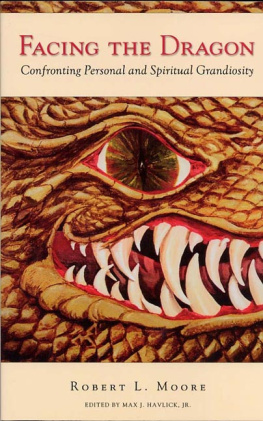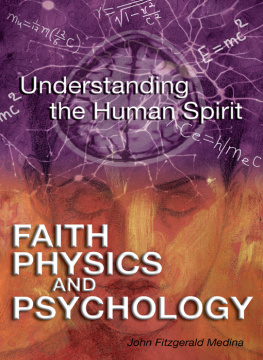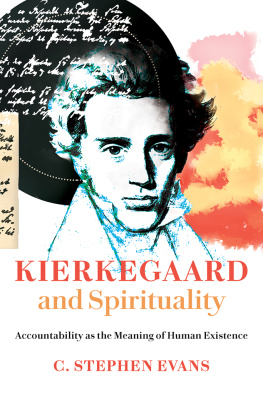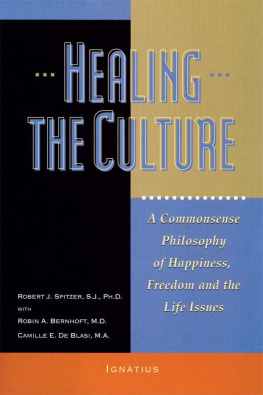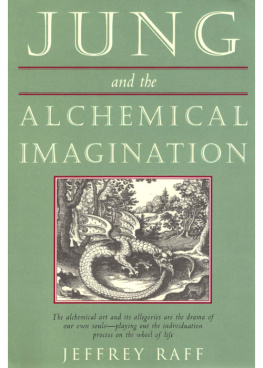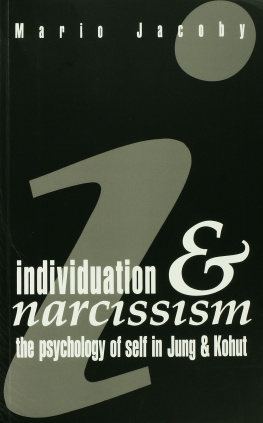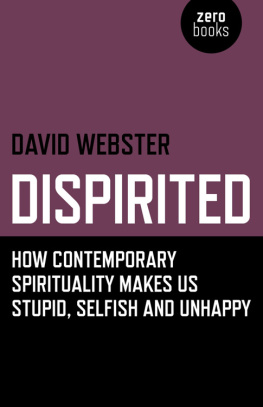ALSO BY ROBERT L. MOORE
John Wesley and Authority: A Psychological Perspective
The Archetype of Initiation: Sacred Space, Ritual Process, and Personal Transformation
The Magician and the Analyst: The Archetype of the Magus in Occult Spirituality and Jungian Analysis
with J. Gordon Melton
The Cult Experience: Responding to the New Religious Pluralism
with Douglas Gillette
King, Warrior, Magician, Lover: Rediscovering the Archetypes of the Mature Masculine
The King Within: Accessing the King in the Male Psyche
The Warrior Within: Accessing the Knight in the Male Psyche
The Magician Within: Accessing the Shaman in the Male Psyche
The Lover Within: Accessing the Lover in the Male Psyche
edited by Robert L. Moore
Sources of Vitality in American Church Life
Anthropology and the Study of Religion (with Frank Reynolds)
Jung's Challenge to Contemporary Religion (with Murray Stein)
Carl Jung and Christian Spirituality
Jung and Christianity in Dialogue: Faith, Feminism, and Hermeneutics (with Daniel J. Meckel)
Self and Liberation: The Jung-Buddhism Dialogue (with Daniel J. Meckel)

2003 by Chiron Publications. All rights reserved. No part of this publication may be reproduced, stored in a retrieval system, or transmitted, in any form by any means, electronic, mechanical, photocopying, recording, or otherwise, without the prior written permission of the publisher, Chiron Publications, 400 Linden Avenue, Wilmette, Illinois 60091.
Book and cover design by Peter Altenberg.
Printed in the United States of America.
Fourth printing 2009
Library of Congress Cataloging-in-Publication Data
Moore, Robert L.
Facing the dragon : confronting personal and spiritual grandiosity / Robert L. Moore ; edited by Max J. Havlick, Jr.
p. cm.
Includes bibliographical references and index.
ISBN 978-1-888602-21-0 (alk. paper)
1. Jungian psychology. 2. Narcissism. 3. Megalomania. 4. Good and evilPsychological aspects. 5. Secularism. 6. Psychoanalysis and religion. 7. Jung, C. G. (Carl Gustav), 1875-1961Religion. I.
Havlick, Max J. II. Title.
BF173.J85 M67 2003
150.19'54dc21
2002151396
Drawings by Michael A. Finnegan, a Chicago-area artist and musician who paints fantasy, dreamscapes, and landscape surrealism, and whose music follows the same style: The Big Smile (chapter 1); Woman at Risk (chapter 5); Dragon and Friend (chapter 12). More of his work can be seen at www.catcherinthesky.net.
Photographs by Beryl Winifred Vivienne Ouimette who has been shooting photographs since she was twelve years old and has B.F.A. degrees in both graphic design and photography. Her address is .
To the memory of J. R. R. Tolkien for his intuitive understanding of the dynamics underlying the horrors of the human past
To Philip Matthews for his undaunted hope for the human future manifest through his outstanding contributions to interfaith understanding and spiritual leadership
CONTENTS
PREFACE
O N SEPTEMBER 11TH, AN ANCIENT SCOURGE OF THE HUMAN species came out of hiding once again. The power of radical evil broke through our denial just as it did on December 7th, 1941.
What does this new escalation in violence and terror mean for us and for a prognosis of the human future? The increasing anxiety and chaos of our time have been fed by an arrogant and malignant secularist narcissism and nihilism that increasingly fosters arrogant fundamentalisms in response. At this time in history, it is imperative that we realize that both kinds of arrogance are being fueled by compulsive intrusions of archetypal energy tantamount to possession states.
J. R. R. Tolkien's The Lord of the Rings portrays a world in which a seductive and demonic lust for power over others grows in strength until it threatens to overwhelm the entire world. This fantasy masterpiece reflects an accurate intuition that such a process is active not in Middle Earth but on Planet Earth.
Working as both a Jungian psychoanalyst and spiritual theologian, my recent research has focused on the powerful, grandiose god-energies that burn fiercely in the heart of every human being. When we face these energies consciously in faith and with authentic respect, they reflect in us the numinous, creative, and transformative power of the divine presence. But when the human ego engages in a pretentious unknowing of the reality and significance of this presence, the result is existential idolatry and malignant narcissism.
Existential denial of the divine presence creates a demonic alchemy that hijacks the sacred energies of the soul and twists them into destructive powers of hideous strength, powers of aggressive nonbeing that reveal themselves as addiction, racism, sexism, homophobia, all forms of political oppression, ritual violence and war, and the ecological destruction of our planet. These same grandiose energies fuel both corporate greed and religious fundamentalism.
Carl Jung was the first modern psychological researcher to see clearly the great dragon of grandiose energies lurking within us, never sleeping but waiting for the light of our awareness to grow dim before striking at the heart of humanity and civilization. Traditional mythologies often used the mythic image of the dragon to indicate an intuition of these great and dangerous forces that lurk within the human soul and turn satanic when left unconscious or treated with disrespect. Jung called us to face the reality of these great energies and take moral and spiritual responsibility for their conscious and creative incarnation in psyche and history. In his Answer to Job, he accurately assessed our current situation in the following terms:
Everything now depends on man: immense power of destruction is given into his hand, and the question is whether he can resist the will to use it, and can temper his will with the spirit of love and wisdom. He will hardly be capable of doing so on his own unaided resources. He needs the help of an advocate in heaven.... The only thing that really matters now is whether man can climb up to a higher moral level, to a higher plane of consciousness, in order to be equal to the superhuman powers which the fallen angels have played into his hands. (quoted in Stein 1995, p. 168)
Never before has Jung's psychology and prophetic vision been so timely or so urgently needed as now.
This book attempts to carry forward the work of Jung and also the work of Edward Edinger in alerting us to the ways in which we humans are vulnerable as never before to having our psyches invaded and possessed by archetypal energies of great power. We must all be vigilant to the insidious usually unconscious temptation to open the door to these forces within ourselves and act them out in a demonic way. These psychic invasions and archetypal colonizations often coerce us into terrible acts of hate, violence, and inhumanity. We have seen what individuals possessed by these grandiose archetypal forces are capable of.
Is there any antidote to this powerful lust for the ring of power? I agree with Carl Jung and Paul Tillich that the antidote is present, effective, and far more powerful than the toxins that afflict us. Where is this antidote? It lies in increasing the light of our spiritual and psychological awareness and respectful acceptance of the dragon within and the implications of its presence.
Both psychoanalytic research and spiritual theology have much to teach us about the cause, dynamics, and cure of this cancer of the soul. It is my hope that through an innovative partnership of spiritual wisdom and psychoanalytic science we may be able to initiate a new and effective Fellowship of the True Ring and a new kind of magi who, like Gandalf, do not retreat into despair in the face of radical evil. These post-tribal twenty-first-century magi, drawing upon a truly theonomous creative collaboration between spirituality and science, will have the faith, wisdom, courage, and skills to confront evil even more effectively than the tribal shamans of old. Together they will seek to facilitate the incarnation in history of what Tillich called the true spiritual community.

